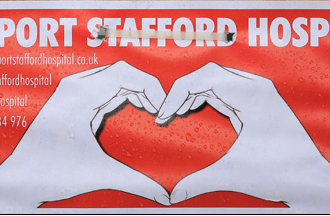Minnesota has been a pioneer of sorts in the manner in which it approaches policies of addressing prescription opioid abuse.
Minnesota has been a pioneer of sorts in the manner in which it approaches policies of addressing prescription opioid abuse.
One goal is to train physicians in the basics of addiction, opiate prescribing and alternative approaches to pain management, according to a report from the state Department of Human Services. The state also hopes to train a range of front-line professionals about prescription drug abuse, treatment options for opium addicts and how to reduce an opium overdose.
Nearly three out of four prescription drug overdoses are caused by prescription painkillers – opioid pain relievers. The unprecedented rise in overdose deaths in the US parallels a 300 percent increase since 1999 in the sale of these medications.
Two years ago Minnesota set up a prescription drug monitoring program to help physicians and others who prescribe drugs to detect patients who might be addicted to pain medication. The database is one of many tools physicians will have at their disposal when identifying such surrogate behaviors as doctor shopping, frequent visits for refills, and general noncompliance with ancillary services. There are caveats, however. The database is strictly optional with respect to physician participation. There is no mandate for it. The state plans additional methodology and logistics in attacking a significant health policy problem. Monitoring other claims databases may also give physicians and healthcare organizations valuable information in tracking patterns of opioid abuse: workers compensation rolls, Medicaid data, and pain clinic monitoring. Of course, no provider-end strategy would be complete without educational initiatives aimed at physicians themselves.
Related posts:
- FDA Revisits Opioid Abuse Potential (Again) Sometimes, one just has to wonder how the FDA prioritizes…
- FDA Rejects Plan to Increase Controls on Opioid Prescribing Besides making news on the antidiabetic treatment front recently with…
- Report: Minnesota’s Pharma Disclosure Laws Fail to Provide Audit Mechanism Policy wonks, regulatory agencies, legislators, and just about any interested…







